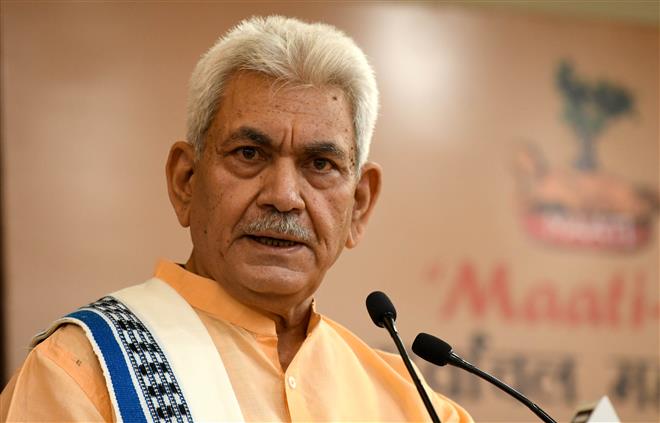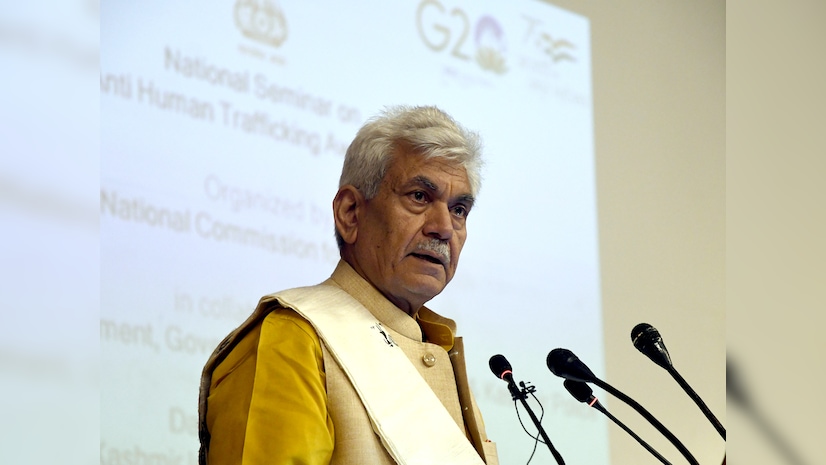The recent decision by the government to allocate 40% of positions in Kashmir’s public sector for open merit has sparked significant controversy and public outcry. This policy shift, aimed at fostering inclusivity and meritocracy, has been met with resistance from various quarters within the region. Critics argue that this move undermines the longstanding reservation system designed to protect and promote the interests of underrepresented communities.

Source:- news 18
Many locals fear that this decision will disproportionately disadvantage those from socially and economically marginalized backgrounds, who rely heavily on reservation policies for equitable access to employment opportunities. Student groups and political parties have voiced concerns, organizing protests and demanding a reassessment of the policy. They assert that the open merit system could exacerbate existing inequalities and limit opportunities for local youth.
Source:- BBC news
Proponents of the decision, however, argue that it encourages a more competitive environment, ultimately benefiting the region’s development. They believe that merit-based recruitment can help attract and retain top talent, driving efficiency and progress in public sector undertakings.
The controversy highlights the ongoing tension between meritocracy and affirmative action in India, particularly in regions with complex socio-political landscapes like Kashmir. As debates continue, the government faces the challenging task of balancing equitable access with the pursuit of excellence in public sector employment.
Share your views in the comments

